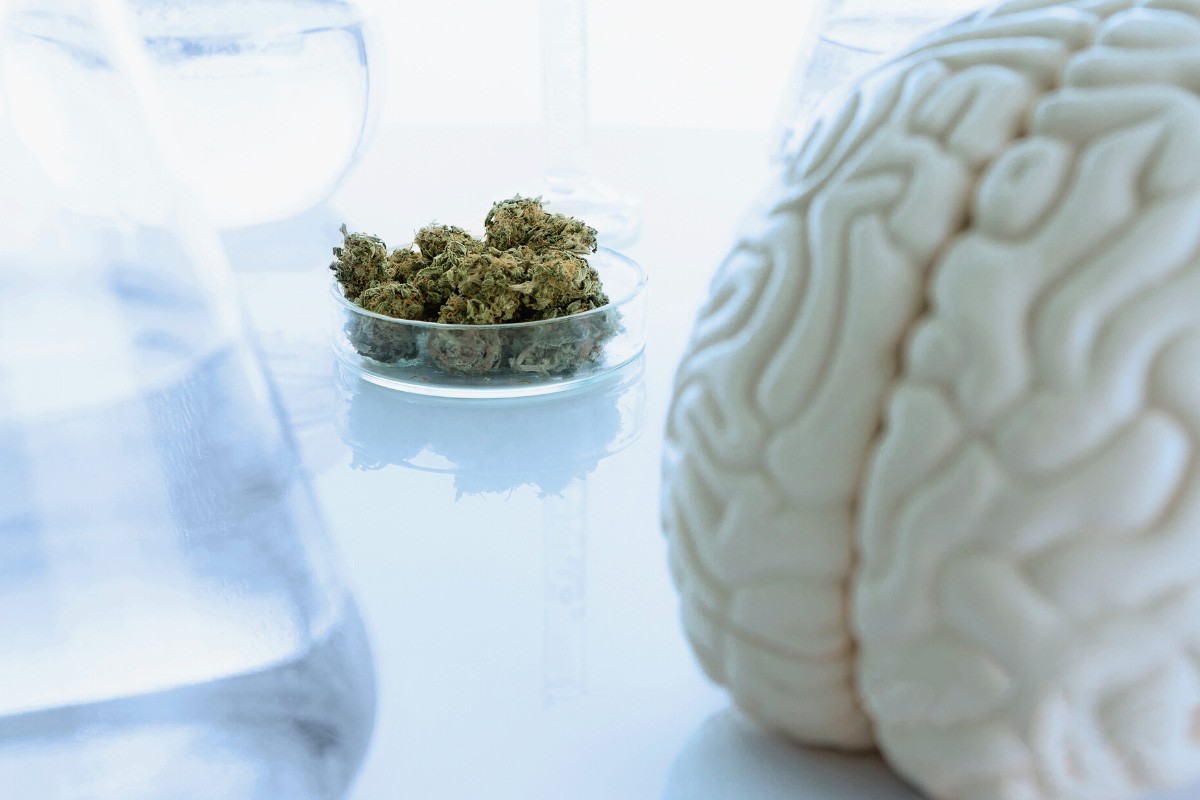What is fibromyalgia or "soft tissue rheumatism"?
Fibromyalgia is a chronic pain disorder in which patients suffer from pain throughout the entire body. Muscle or joint areas are often the most affected. Deep muscle pain can occur in different parts of the body; however, the spine can also be affected. Fibromyalgia is not caused by injuries or changes in the muscles or joints. The root cause of the pain is medically not fully explored. Possible causes include disturbed pain signaling, traumatic experiences, genetic changes or altered nerve fibers. In addition to pain, accompanying symptoms include fatigue, sleeping problems and cognitive impairment. In Europe, 4.7% of the population is affected, worldwide it is 2.7%. This disease is particularly stressful for those affected, as they are restricted in their daily and professional lives, and it often takes a long time before a final diagnosis is made. About 80 percent of people with fibromyalgia are also diagnosed with comorbid depression. Therefore, treatment to alleviate the symptoms is particularly important. With the current standard treatment via pain-relieving drugs (e.g. opioids), many patients report little to no improvement and a continuation of their suffering. In addition, this drug treatment can have undesirable side effects that can be equally distressing. Therefore, researchers have been looking for alternative methods to improve the symptoms for years. In this context, medical cannabis has been considered as a treatment option. In addition, current research suggests that a clinical endocannabinoid deficiency plays a role in the disease. Medical cannabis is also an attractive treatment option as it is much less likely to develop dependence.
Research on medical cannabis for fibromyalgia
In recent years, physicians have become increasingly open to the use of medicinal cannabis. Especially for conditions where standard therapy does not provide adequate symptom relief. Several studies have investigated the efficacy of medical cannabis in patients with fibromyalgia.
Current state of studies investigating the efficacy of medical cannabis in fibromyalgia.
Study 1)
A study from 2020 by Valeria Giorgi investigated, in addition to the efficacy of medicinal cannabis for the treatment of fibromyalgia, the durability of symptom relief with continued medication. A total of 102 patients were treated over a period of 6 months. This was an observational study with various assessment criteria, including different questionnaires to evaluate daily pain ratings, typical fibromyalgia symptoms, fatigue, sleep quality and patients’ mood. Symptoms were reviewed at 8-week intervals. Side effects of the treatment were also recorded. One third of the patients reported mild side effects such as dry mouth, dizziness and fatigue.
What are the results of the study?
The administration of medical cannabis could achieve significant alleviation of fibromyalgia symptoms. In addition, sleep quality was greatly improved, and depressive symptoms were reduced. Particularly patients who had previously experienced no sufficient symptom relief with pain-alleviating medication showed a high level of motivation during treatment with medical cannabis. This suggests that it is effective and a desirable alternative to conventional medication.
Study 2)
Another study, conducted by Kevin Boehnke from the University of Michigan, USA, investigated to what extend substitution of pain medication with CBD based products is effective in fibromyalgia. 878 patients with fibromyalgia participated in this online survey. In addition, different CBD products were examined regarding their effectiveness:
- • Isolate - The product contains only CBD.
- • Hemp - The product has a THC content of more than 0.3%.
- • CBD cannabis - The product has a THC content of less than 0.3%.
- • No preference - No preferred CBD product.
Was zeigt die Studie?
In this survey, 72% of the patients stated that they had replaced their pain medication with CBD products. The majority of patients were able to reduce or discontinue conventional pain medication. In addition, the general state of health could be improved by taking medical cannabis. Treatment with CBD products led to significantly greater symptom alleviation than treatment without CBD. Furthermore, products with an additional THC content of less than 0.3% achieved the greatest improvement in symptoms.
Conclusion
Research on the administration of medical cannabis to treat patients with fibromyalgia has been ongoing for several years. It has shown that some of the main symptoms such as pain, sleeping problems and depression can be improved through medical cannabis. Medical cannabis thus represents an attractive alternative treatment method that is associated with far fewer side effects than conventional pain medication. Due to the severity and frequency of restrictions in daily functioning associated with the disease, it is particularly important to find relief for patients.
Future Research
Treatment with medical cannabis needs to be researched further in depth and particularly the side effects need to be investigated more closely. The research so far is mainly based on observational studies with participants who have already been treated with medical cannabis. There is a lack of placebo-control studies that consider several external factors on the therapy with medical cannabis. Nevertheless, it is a promising treatment method for patients who are limited in their lives by their symptoms and for whom standard medication is insufficient.







